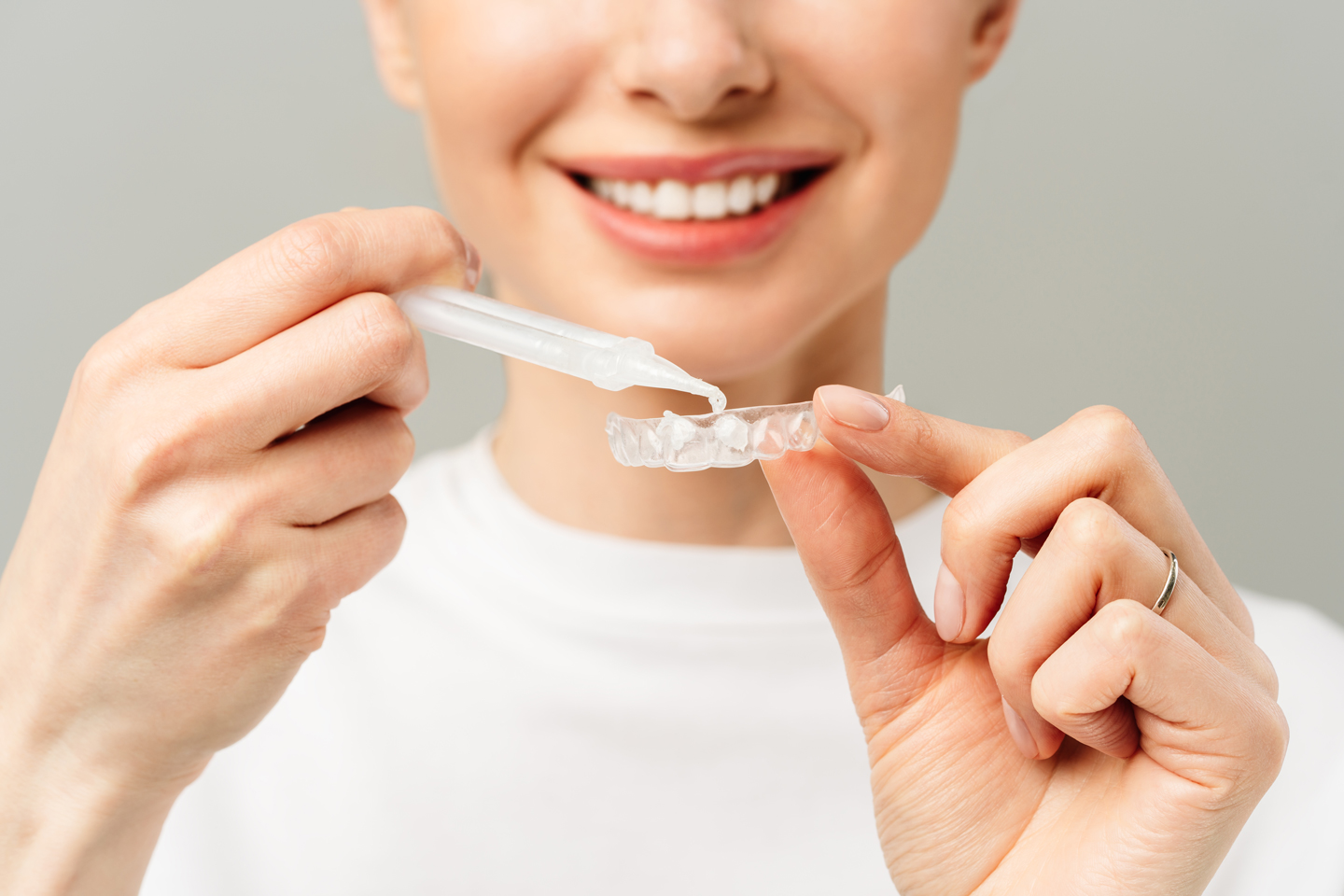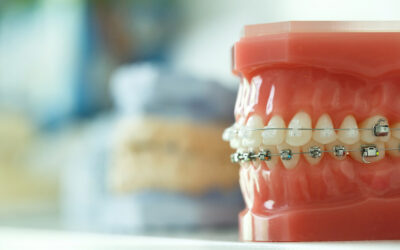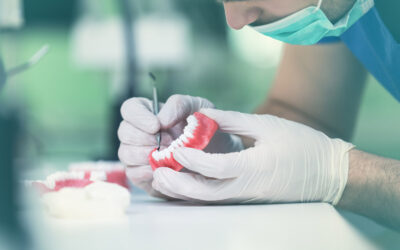Why Should You Avoid Teeth Whitening at Home

Why Should You Avoid Teeth Whitening at Home?
Teeth whitening at home may seem like a convenient and cost-effective option, but there are several reasons why it’s best to avoid this approach. Let’s delve into some of the key factors:
Lack of Professional Supervision
One of the primary concerns with at-home teeth whitening is the absence of professional supervision. Unlike dental clinics where trained dentists perform the procedure, DIY whitening kits lack the oversight necessary to ensure safe and effective treatment. Without professional guidance, there’s an increased risk of damaging your teeth and gums.
Potential for Tooth Sensitivity
Teeth whitening products, especially those used at home, often contain bleaching agents such as hydrogen peroxide. While these agents can effectively whiten teeth, they can also cause tooth sensitivity. Improper use or excessive application of these agents can lead to heightened sensitivity, making it uncomfortable to eat or drink hot or cold foods.
Uneven Results
Achieving consistent and even results with at-home teeth whitening can be challenging. DIY kits typically come with generic trays or strips that may not fit your teeth properly, resulting in uneven application of the whitening agent. This can lead to an inconsistent smile, with some teeth appearing whiter than others, which is far from the desired outcome.
Increased Risk of Gum Irritation
Another drawback of at-home teeth whitening is the heightened risk of gum irritation. The bleaching agents used in these products can come into contact with the gums, causing inflammation, redness, and discomfort. Without the expertise of a dental professional, it’s difficult to ensure that the whitening agent is applied precisely to the teeth and avoids the sensitive gum tissue.
Potential for Tooth Damage
When used incorrectly, at-home teeth whitening products can cause damage to your tooth enamel. Enamel is the protective outer layer of your teeth, and excessive or improper use of whitening agents can weaken and erode it. Weakened enamel not only affects the appearance of your teeth but also makes them more susceptible to cavities, sensitivity, and other dental issues.
Lack of Customization
Every individual’s teeth are unique, and their whitening needs may vary. At-home teeth whitening products lack the customization that professional dental services offer. Dentists can assess your dental health, identify the cause of tooth discoloration, and tailor the whitening treatment accordingly. This personalized approach ensures optimal results while minimizing potential risks.
Frequently Asked Questions (FAQs)
Can I use natural remedies for teeth whitening at home?
While some natural remedies like baking soda and hydrogen peroxide can show limited effectiveness in removing surface stains, it’s important to consult with a dentist before using them. Natural remedies may not provide the desired results and can still carry risks such as tooth sensitivity or enamel damage.
Are over-the-counter teeth whitening kits safe?
Over-the-counter teeth whitening kits can be safer than completely DIY methods, but they still carry risks. These kits often contain lower concentrations of bleaching agents, which can result in less effective whitening. Additionally, the lack of professional supervision increases the likelihood of improper use and potential side effects.
How long does professional teeth whitening last compared to at-home treatments?
Professional teeth whitening performed by a dentist can provide longer-lasting results compared to at-home treatments. The duration of the whitening effects depends on various factors, including your oral hygiene habits and dietary choices. However, professional treatments generally offer more durable and noticeable outcomes.
Can teeth whitening damage dental restorations?
Teeth whitening treatments can potentially damage certain dental restorations, such as dental veneers or crowns. The bleaching agents used in whitening procedures may not affect the artificial materials used in restorations, leading to mismatched colors between natural teeth and restorations. It’s crucial to consult with your dentist before undergoing teeth whitening if you have any dental restorations.
Is teeth whitening suitable for everyone?
Teeth whitening may not be suitable for everyone. Individuals with certain dental conditions, such as tooth decay, gum disease, or hypersensitivity, may need to address these issues before undergoing any whitening treatment. It’s always best to consult with a dentist who can assess your oral health and determine the most appropriate whitening options for you.
Are there any alternatives to teeth whitening?
Yes, there are alternative options to achieve a brighter smile. Dental bonding, veneers, and crowns can improve the appearance of discolored teeth. Additionally, maintaining good oral hygiene, avoiding staining foods and drinks, and regular dental cleanings can help prevent tooth discoloration and maintain a healthy smile.
Conclusion
While the allure of teeth whitening at home may seem enticing, it’s important to consider the potential risks and limitations of this approach. Lack of professional supervision, potential tooth sensitivity, uneven results, gum irritation, tooth damage, and the absence of customization are all factors that make at-home teeth whitening less desirable.
To achieve safe and effective results, it’s best to consult with a dental professional who can provide personalized care and guidance. Remember, a healthy and radiant smile is best achieved through expert dental services.



